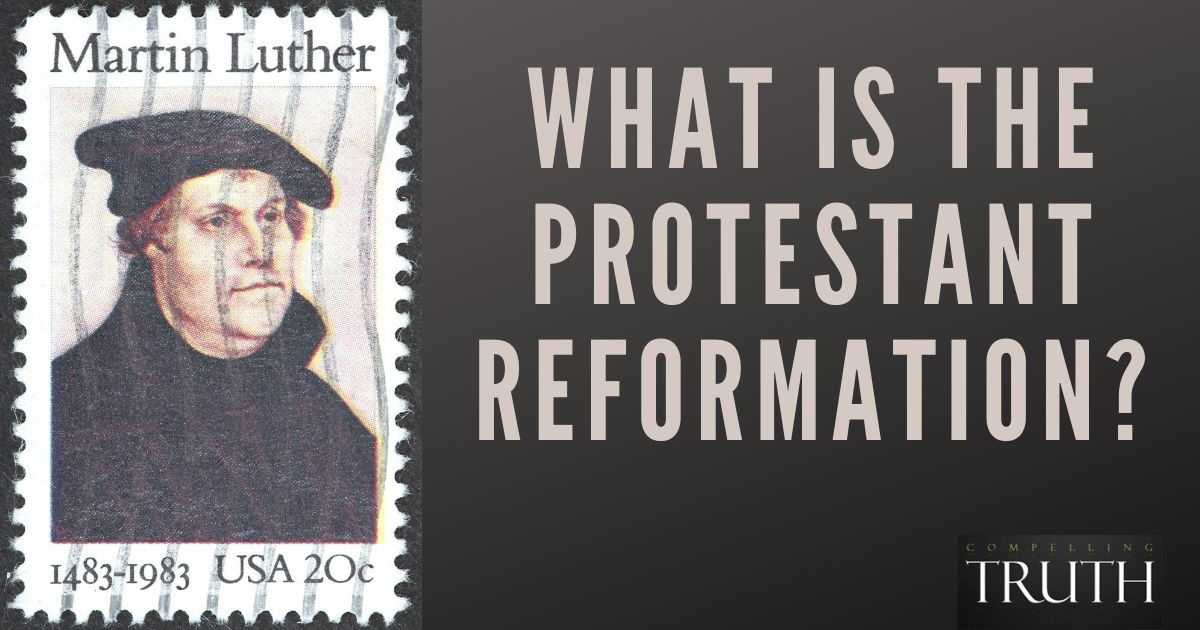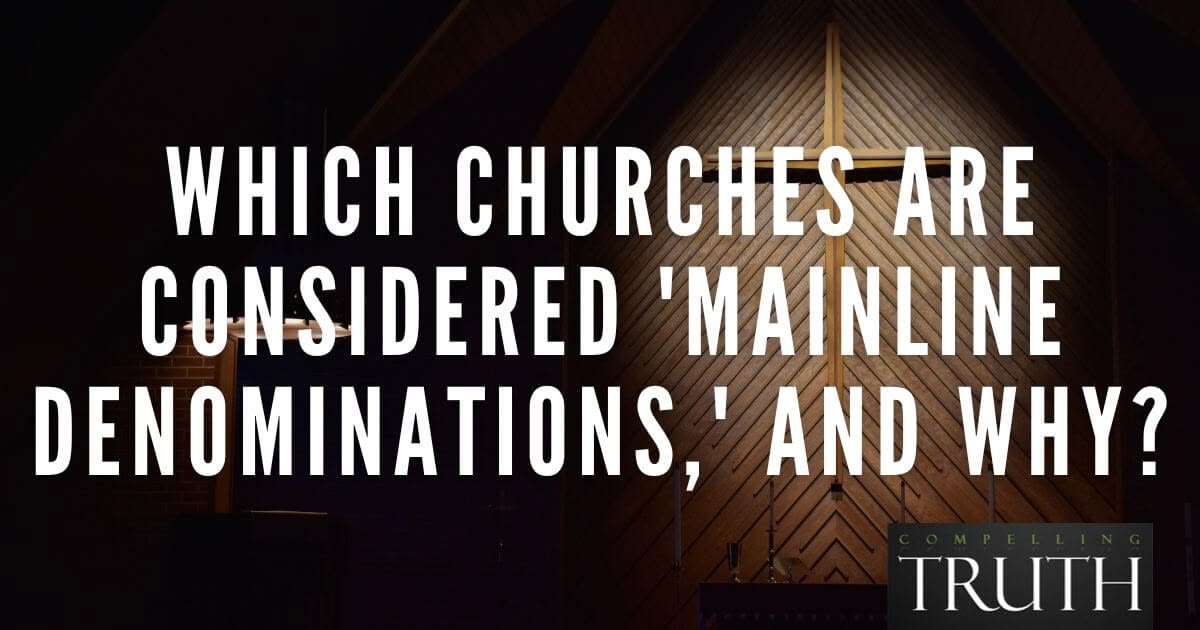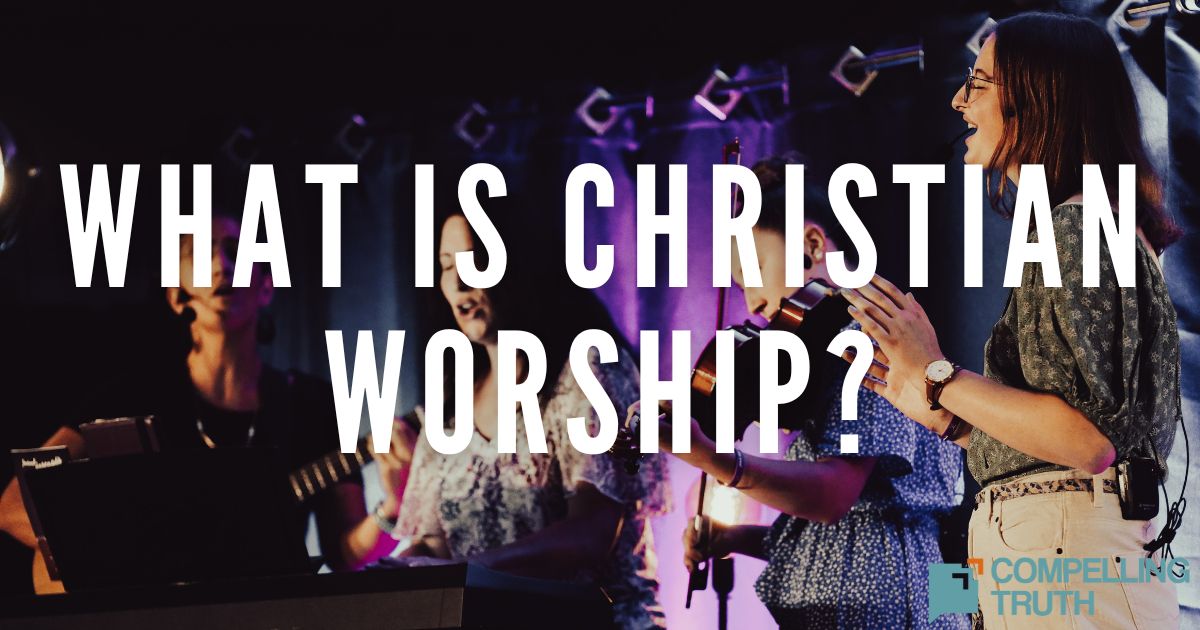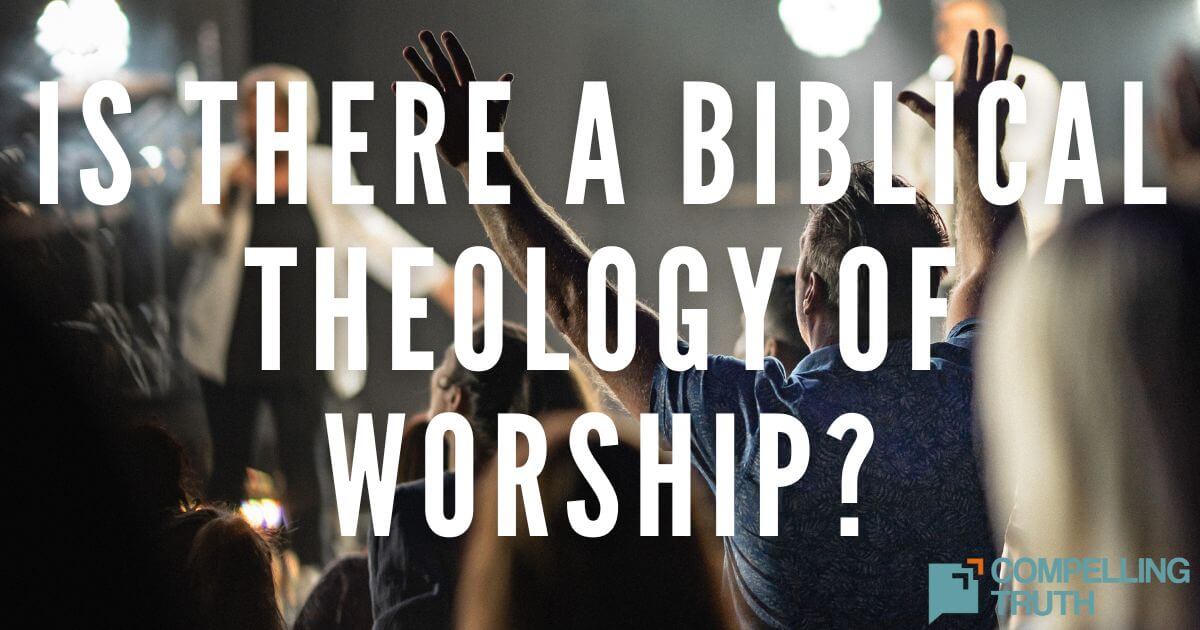"Celtic Christianity" is the name given to the non-Roman Catholic practice of Christianity on the British Isles from the time of the arrival of the first missionaries to the Protestant Reformation. It is also the name given to the more modern practice of integrating those traditions into worship today. There are several problems with this practice.
The first is, no one really knows what those practices were, and those that are known were not standardized throughout the British Isles. To begin with, we don't know when Christianity first came to Britain. The legend that Joseph of Arimathea arrived shortly after Jesus' ascension is simply that—a legend. We do know that Aristobulus was named the bishop of Britain and died in AD 99. Patrick went to Ireland in the 400s, and Columba to Scotland in the 500s. From these times until between 600 and 716 (depending on the region), the practice of Christianity became "insular"—that is, the people were relatively free from Rome's heavy hand and able to determine their own worship traditions, many of which combined Christianity with the pagan practices from which the people had converted. Eventually, Rome renewed interest in the far-off land, and in AD 664, British King Oswiu agreed to convert to Rome's rule. Other territories gradually followed suit. "Celtic" Christianity died when the Protestant Reformation stamped out the last vestiges, declaring it pagan.
Modern Celtic Christians claim to have adopted these traditions to make their own worship more meaningful and organic. But there are very few surviving writings of the time beyond a few prayers and traditions varied from Britain to Ireland to Scotland to Wales. We know church life revolved around abbeys, not cathedrals; that itinerant monks preached to the people; that church hierarchy was much looser than in Rome, often organizing around families and tribes; and that clergy could be married. Christian leaders had different customs regarding penance and tonsure (hair style), and had three different types of martyrdom: hermithood, exile, and death. The biggest difference between Christianity as practiced in the British Isles and Roman Catholicism was that they calculated the date of Easter differently.
The traditions followed by modern Celtic Christians, then, are a combination of snippets of fact, rebellion against the Roman Catholic Church, and a romanticized view of ancient paganism. Celtic Christian initiates join an abbey attached to a Protestant denomination—usually liturgical like Anglican, Episcopalian, or Presbyterian. Some abbeys own facilities, but they are just as likely to be a group of geographically separated monks and nuns who may even worship at churches of different denominations. The initiate is assigned a more experienced spiritual mentor—an Anam Chara, or "soul friend"—to guide them through at least six months of catechism. Monks and nuns may be married and have families, vowing to serve where they are, and the abbey itself may be comprised of extended families or community groups.
Many of the traditions are speculative. Women typically have more authority than in the Roman Catholic tradition. Practitioners rely heavily on the leading of the Holy Spirit, Whom they call the "Wild Goose." They seek out "thin places"—locations where the spirit world seems particularly close. They understand that one's spiritual life and worldly life should not be separated, but we should live out our faith in every-day ways. The arts are encouraged as tools of worship, and Celtic saints, such as Saint Patrick, Saint Columba, and Saint Brigid, are venerated. Nature is cherished and celebrated as a reflection of its Creator's nature. And despite the ethnic pride running through all, hospitality of all people is highly emphasized.
No Celtic Christian community observes all of these distinctives. The actual practice and theological specifics vary greatly depending on the host denomination of the abbey. Abbeys hold different views on the ordination of women, homosexuality, abortion, the sacraments, and the place of Scripture as opposed to church tradition. Portions of the traditions have been adopted by a wide variety of churches, including the emerging church movement. And some who follow British Israelism latch onto the legendary history of Celtic Christianity as evidence of their belief that the people of England are descended from the "lost" ten tribes of Israel.
The modern Celtic Christianity movement is closely tied to ethnic pride. It claims that the people of the British Isles practiced a better, purer Christianity than the Roman Catholic church, even as it integrated aspects of paganism. And that paganism can be a big problem. Romans 1:20 agrees that God's "invisible attributes, namely, his eternal power and divine nature, have been clearly perceived, ever since the creation of the world, in the things that have been made. …" But Romans 1:25 warns against worshiping the created over the Creator. We should not seek to find God in nature or in spiritual contemplation before we've sought Him in Scriptures.
If someone feels more reverent toward God while singing Irish hymns, there's nothing wrong with that. It is unfortunate that except for music, the rich history of arts in the church seems to have been forgotten. Having a spiritual mentor is great, and living our spiritual beliefs in the context of our earthly lives is what we are supposed to be doing. But the authority behind these things should be from the Bible, not modified pagan practices. All the good things about Celtic Christianity are either allowed for or insisted upon in the Bible. It's true that Christianity can be practiced within a native culture, but it mustn't be defined by it. However we worship God, He must come first, not our individual preferences.
The first is, no one really knows what those practices were, and those that are known were not standardized throughout the British Isles. To begin with, we don't know when Christianity first came to Britain. The legend that Joseph of Arimathea arrived shortly after Jesus' ascension is simply that—a legend. We do know that Aristobulus was named the bishop of Britain and died in AD 99. Patrick went to Ireland in the 400s, and Columba to Scotland in the 500s. From these times until between 600 and 716 (depending on the region), the practice of Christianity became "insular"—that is, the people were relatively free from Rome's heavy hand and able to determine their own worship traditions, many of which combined Christianity with the pagan practices from which the people had converted. Eventually, Rome renewed interest in the far-off land, and in AD 664, British King Oswiu agreed to convert to Rome's rule. Other territories gradually followed suit. "Celtic" Christianity died when the Protestant Reformation stamped out the last vestiges, declaring it pagan.
Modern Celtic Christians claim to have adopted these traditions to make their own worship more meaningful and organic. But there are very few surviving writings of the time beyond a few prayers and traditions varied from Britain to Ireland to Scotland to Wales. We know church life revolved around abbeys, not cathedrals; that itinerant monks preached to the people; that church hierarchy was much looser than in Rome, often organizing around families and tribes; and that clergy could be married. Christian leaders had different customs regarding penance and tonsure (hair style), and had three different types of martyrdom: hermithood, exile, and death. The biggest difference between Christianity as practiced in the British Isles and Roman Catholicism was that they calculated the date of Easter differently.
The traditions followed by modern Celtic Christians, then, are a combination of snippets of fact, rebellion against the Roman Catholic Church, and a romanticized view of ancient paganism. Celtic Christian initiates join an abbey attached to a Protestant denomination—usually liturgical like Anglican, Episcopalian, or Presbyterian. Some abbeys own facilities, but they are just as likely to be a group of geographically separated monks and nuns who may even worship at churches of different denominations. The initiate is assigned a more experienced spiritual mentor—an Anam Chara, or "soul friend"—to guide them through at least six months of catechism. Monks and nuns may be married and have families, vowing to serve where they are, and the abbey itself may be comprised of extended families or community groups.
Many of the traditions are speculative. Women typically have more authority than in the Roman Catholic tradition. Practitioners rely heavily on the leading of the Holy Spirit, Whom they call the "Wild Goose." They seek out "thin places"—locations where the spirit world seems particularly close. They understand that one's spiritual life and worldly life should not be separated, but we should live out our faith in every-day ways. The arts are encouraged as tools of worship, and Celtic saints, such as Saint Patrick, Saint Columba, and Saint Brigid, are venerated. Nature is cherished and celebrated as a reflection of its Creator's nature. And despite the ethnic pride running through all, hospitality of all people is highly emphasized.
No Celtic Christian community observes all of these distinctives. The actual practice and theological specifics vary greatly depending on the host denomination of the abbey. Abbeys hold different views on the ordination of women, homosexuality, abortion, the sacraments, and the place of Scripture as opposed to church tradition. Portions of the traditions have been adopted by a wide variety of churches, including the emerging church movement. And some who follow British Israelism latch onto the legendary history of Celtic Christianity as evidence of their belief that the people of England are descended from the "lost" ten tribes of Israel.
The modern Celtic Christianity movement is closely tied to ethnic pride. It claims that the people of the British Isles practiced a better, purer Christianity than the Roman Catholic church, even as it integrated aspects of paganism. And that paganism can be a big problem. Romans 1:20 agrees that God's "invisible attributes, namely, his eternal power and divine nature, have been clearly perceived, ever since the creation of the world, in the things that have been made. …" But Romans 1:25 warns against worshiping the created over the Creator. We should not seek to find God in nature or in spiritual contemplation before we've sought Him in Scriptures.
If someone feels more reverent toward God while singing Irish hymns, there's nothing wrong with that. It is unfortunate that except for music, the rich history of arts in the church seems to have been forgotten. Having a spiritual mentor is great, and living our spiritual beliefs in the context of our earthly lives is what we are supposed to be doing. But the authority behind these things should be from the Bible, not modified pagan practices. All the good things about Celtic Christianity are either allowed for or insisted upon in the Bible. It's true that Christianity can be practiced within a native culture, but it mustn't be defined by it. However we worship God, He must come first, not our individual preferences.



